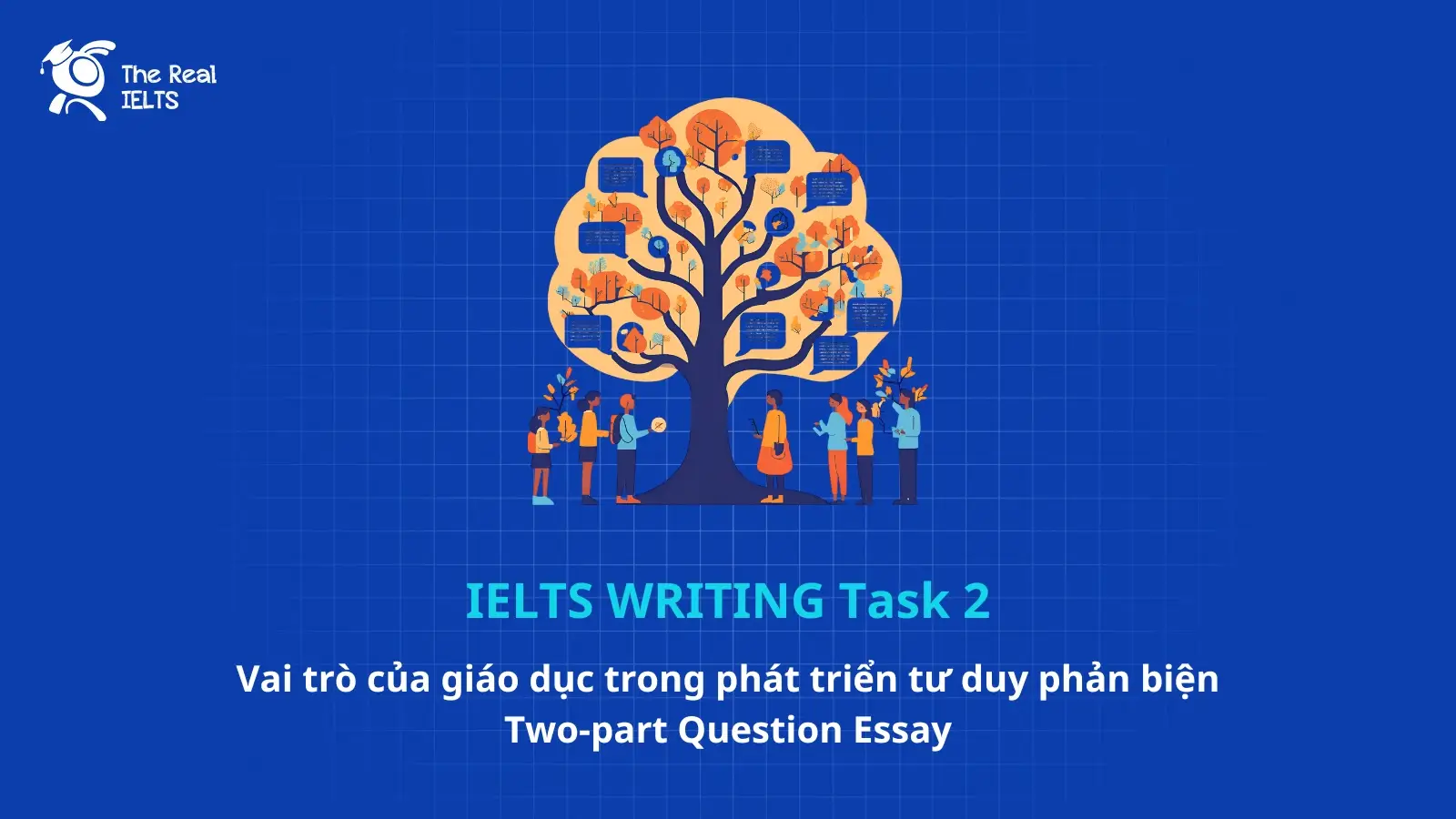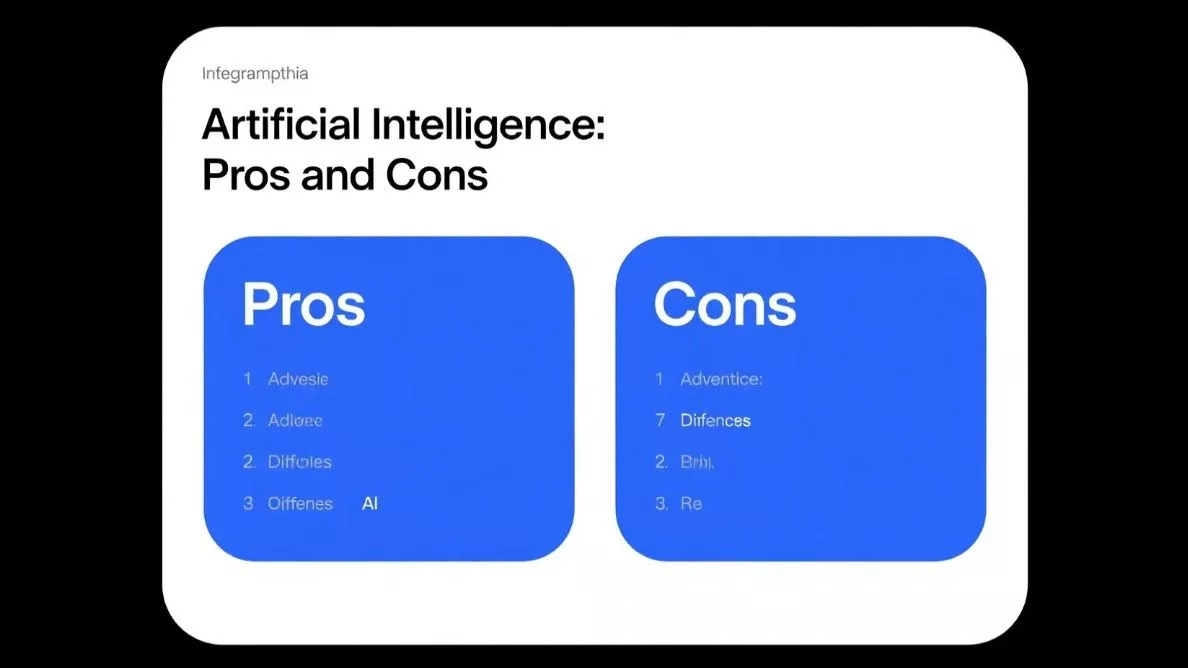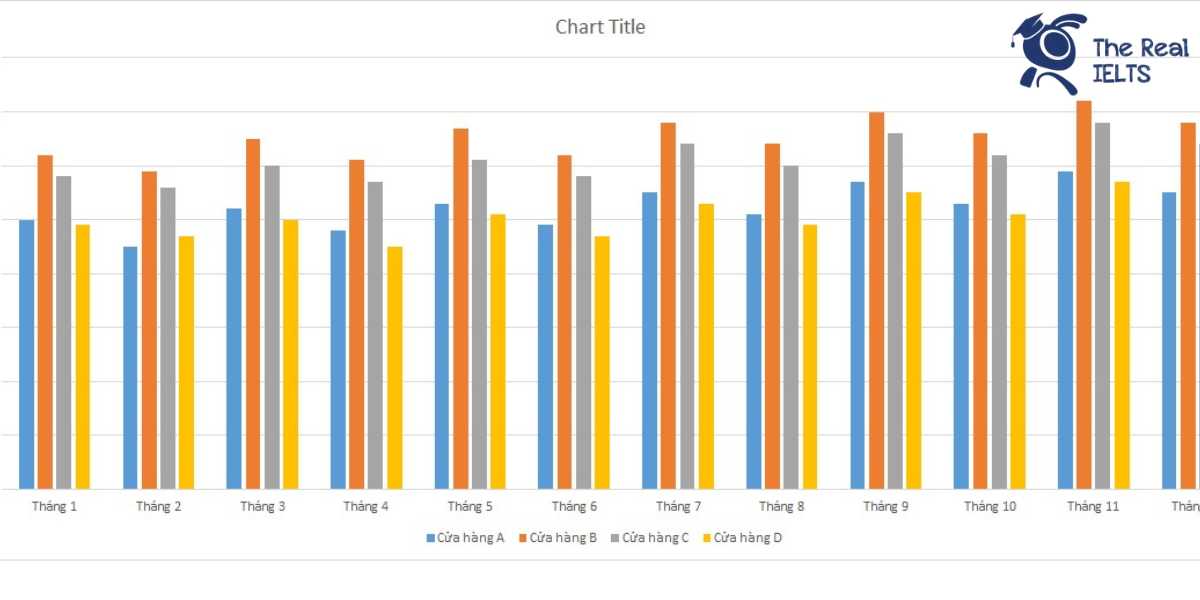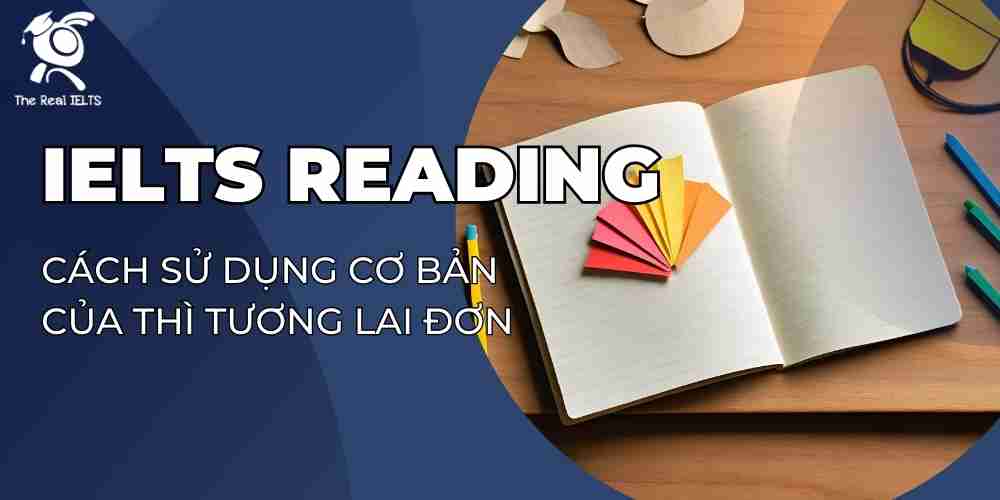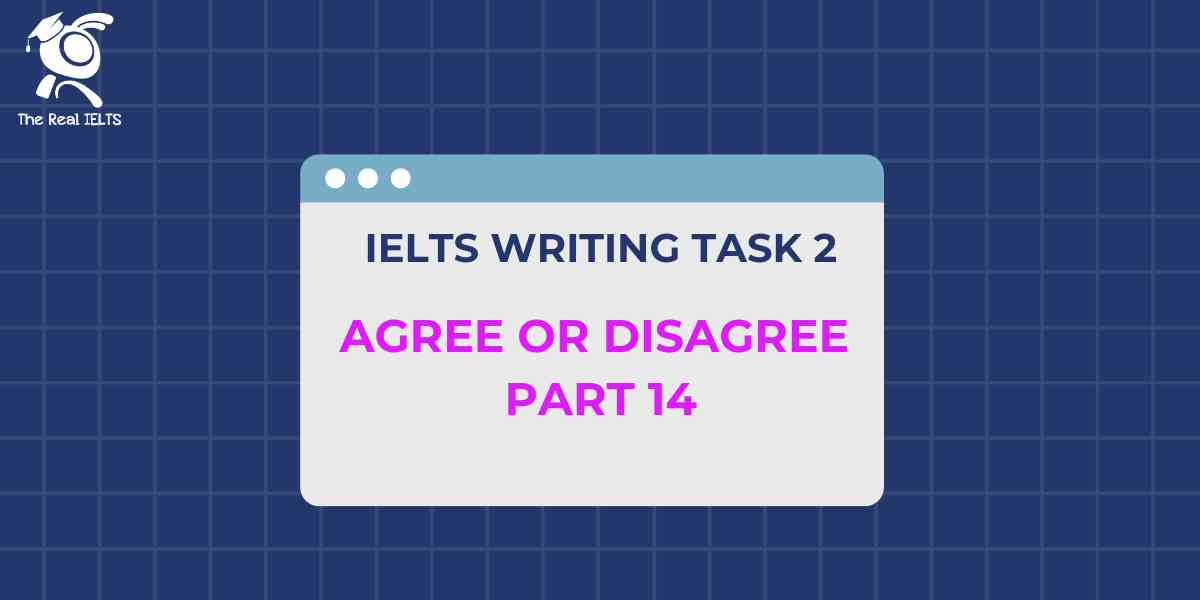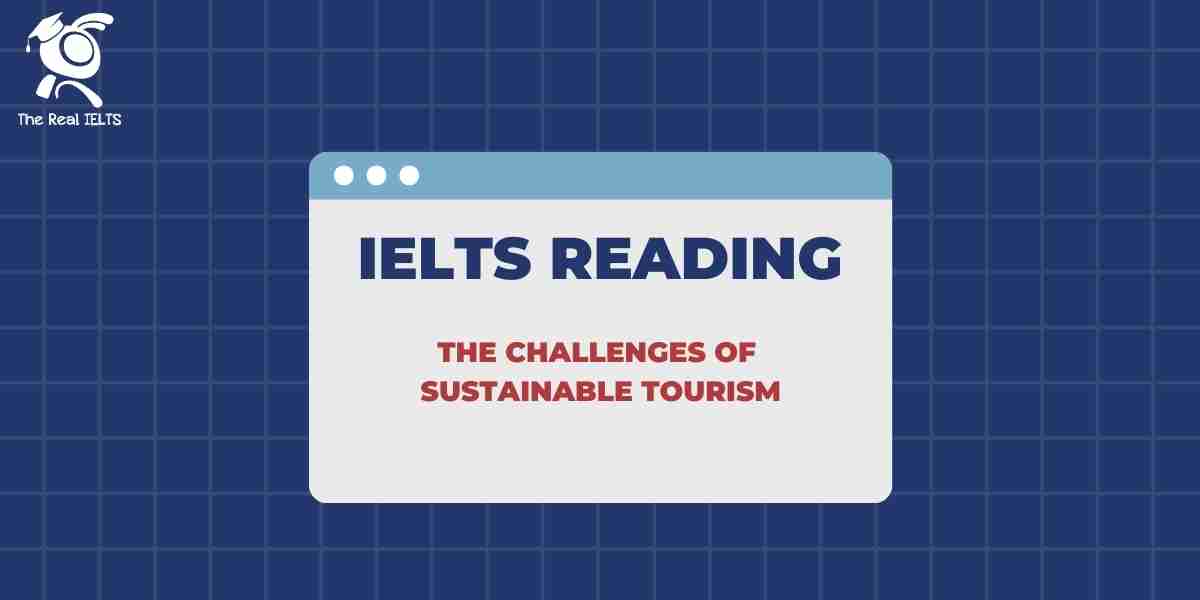IELTS Writing Task 2 dạng Two-part Question Essay thường đặt ra hai câu hỏi liên quan đến một vấn đề. Giáo dục đóng vai trò gì trong phát triển tư duy phản biện? Làm thế nào để hệ thống giáo dục cải thiện kỹ năng này? Bài viết sau sẽ phân tích và trả lời hai câu hỏi trên.
Đề bài IELTS Writing Task 2: Vai trò của giáo dục trong phát triển tư duy phản biện – Two-part Question Essay
Education is believed to be a key factor in fostering critical thinking. How does education contribute to the development of this skill? What can schools and universities do to further improve students’ critical thinking abilities?
Ví dụ 1
Introduction
Education is widely regarded as a key driver in developing critical thinking skills. By providing students with the knowledge, tools, and opportunities to engage in deep thought, education lays the foundation for critical analysis and independent reasoning. This essay will explore how education contributes to the development of critical thinking and what measures schools and universities can take to further improve students’ critical thinking abilities.
Body Paragraph 1: Education’s Role in Developing Critical Thinking
Education fosters critical thinking by introducing students to diverse subjects that require them to engage in analytical reasoning. In subjects like mathematics, science, and philosophy, students are taught to evaluate evidence, identify patterns, and draw logical conclusions. For example, when studying scientific experiments, students must hypothesize, analyze results, and rethink their approach, which encourages them to think critically and solve problems.
Moreover, education encourages students to question assumptions and consider multiple viewpoints. Humanities and social science courses, for instance, prompt students to analyze historical events, ethical issues, or societal challenges, which broadens their perspective and helps them develop independent thinking.
Body Paragraph 2: Ways Schools and Universities Can Improve Critical Thinking
While education plays a crucial role in developing critical thinking, schools and universities can take further steps to enhance these skills. One way is by incorporating more interactive teaching methods such as project-based learning, group discussions, and case studies. These approaches require students to actively engage with the material, work collaboratively, and apply their knowledge to real-world situations. For example, students could be tasked with solving real-life problems or participating in debates that challenge their ideas and force them to think critically.
Additionally, universities and schools should focus on teaching metacognitive skills, which involve students thinking about their thinking. This can be achieved through reflection activities, where students analyze their problem-solving processes and identify areas for improvement. Encouraging self-reflection helps students become more aware of their cognitive biases and better equipped to think critically.
Lastly, integrating cross-disciplinary learning can further enhance critical thinking. Encouraging students to explore how different subjects intersect can broaden their perspectives and encourage them to think more holistically. For example, combining science with philosophy or history with literature can help students draw connections between ideas and develop a more nuanced understanding of the world.
Conclusion
In conclusion, education contributes significantly to the development of critical thinking by providing students with the tools and opportunities to analyze information, evaluate different viewpoints, and solve complex problems. To further improve students’ critical thinking abilities, schools and universities should adopt more interactive and reflective teaching methods, as well as promote cross-disciplinary learning. By doing so, educational institutions can better prepare students to navigate the complexities of the modern world and contribute meaningfully to society.
Ví dụ 2
Education plays a fundamental role in developing critical thinking skills, as it encourages students to analyze information, evaluate different perspectives, and solve problems effectively. However, while formal education provides a strong foundation for critical thinking, schools and universities must adopt more effective teaching strategies to further enhance this essential skill.
One of the primary ways education fosters critical thinking is by exposing students to structured learning environments that emphasize reasoning and analysis. Subjects such as mathematics, science, and philosophy require logical problem-solving and hypothesis testing, which train students to think systematically. Additionally, disciplines like literature and history develop critical thinking by encouraging students to interpret texts, assess sources, and consider multiple viewpoints before forming conclusions. This process helps students refine their ability to think independently and make informed decisions.
Moreover, modern education incorporates interactive learning methods that actively engage students in critical thinking exercises. Classroom discussions, debates, and case studies encourage students to question assumptions, challenge arguments, and defend their viewpoints with evidence. Group projects and problem-solving activities further enhance analytical skills by requiring students to collaborate, evaluate different approaches, and justify their reasoning. By fostering an environment where inquiry and skepticism are encouraged, education helps students become more adept at processing complex information.
To further improve students’ critical thinking abilities, schools and universities should prioritize active learning strategies over passive instruction. Traditional rote memorization methods should be replaced with inquiry-based learning, where students are encouraged to explore topics through research, experimentation, and discussion. For instance, project-based learning, where students work on real-world problems, can significantly enhance their ability to think critically and apply knowledge in practical contexts.
Additionally, educators should be trained to incorporate Socratic questioning techniques in their teaching. By asking open-ended questions that require students to analyze, justify, and refine their responses, teachers can stimulate deeper intellectual engagement. Universities can also integrate interdisciplinary courses that challenge students to apply critical thinking across various subjects, preparing them for complex decision-making in the real world.
In conclusion, education contributes to critical thinking by promoting logical analysis, encouraging intellectual engagement, and providing interactive learning experiences. However, to further enhance this skill, schools and universities should adopt inquiry-based learning, emphasize discussion-based teaching methods, and train educators to foster analytical reasoning. By implementing these strategies, educational institutions can better equip students with the critical thinking skills necessary for success in both academic and professional settings.
Ví dụ 3
Introduction
Education is widely considered a fundamental tool in fostering critical thinking skills, enabling individuals to analyze information, solve problems, and make informed decisions. This essay explores how education contributes to the development of critical thinking and suggests ways that schools and universities can further enhance students’ analytical abilities.
How Education Contributes to Critical Thinking Development
- Encouraging Inquiry and Questioning
- Education teaches students to ask questions, challenge assumptions, and seek evidence before forming opinions.
- Subjects like philosophy, science, and literature promote analytical reasoning and evaluation of different perspectives.
- Developing Problem-Solving Skills
- Mathematics, engineering, and other technical subjects require logical thinking and structured problem-solving.
- Real-world case studies in business, law, and medicine encourage students to analyze situations critically.
- Exposure to Diverse Viewpoints
- Classroom discussions, debates, and exposure to different cultures and ideologies help students develop open-mindedness.
- Comparing opposing arguments strengthens reasoning skills and the ability to assess multiple viewpoints objectively.
- Promoting Research and Evidence-Based Learning
- Writing essays, conducting experiments, and engaging in research projects teach students to base their conclusions on evidence rather than opinion.
- Academic integrity and citation practices reinforce logical reasoning and credibility assessment.
- Encouraging Reflection and Self-Assessment
- Education encourages students to reflect on their learning process, evaluate their thought patterns, and recognize biases.
- This self-awareness helps individuals refine their reasoning and improve decision-making.
Ways Schools and Universities Can Improve Critical Thinking
- Adopt Active and Inquiry-Based Learning Methods
- Replace rote memorization with problem-solving activities, case studies, and real-world applications.
- Encourage students to explore solutions through hands-on experiences, research projects, and interactive discussions.
- Enhance Teacher Training in Critical Thinking Instruction
- Provide professional development for educators on how to integrate critical thinking exercises into lessons.
- Use the Socratic method and open-ended questioning to stimulate deeper thought and analysis.
- Incorporate More Interdisciplinary Learning
- Encourage students to connect knowledge across subjects, which helps them understand problems from multiple perspectives.
- Courses that combine science, humanities, and social sciences foster a more holistic analytical approach.
- Foster a Culture of Debate and Discussion
- Organize debates, peer reviews, and collaborative projects to encourage argument evaluation and logical reasoning.
- Encourage respectful discourse where students challenge ideas rather than individuals.
- Implement Real-World Problem-Solving Initiatives
- Encourage internships, community projects, and case-based learning to apply critical thinking in practical settings.
- Expose students to real-world challenges, allowing them to develop solutions and assess their impact.
- Use Technology and Digital Tools
- Online simulations, gamification, and interactive platforms can enhance problem-solving skills.
- Digital literacy training helps students critically assess information sources and combat misinformation.
Conclusion
Education plays a crucial role in developing critical thinking by fostering inquiry, problem-solving, and exposure to diverse perspectives. Schools and universities can further enhance these skills by adopting active learning methods, improving teacher training, encouraging interdisciplinary approaches, and integrating real-world applications. By prioritizing critical thinking, educational institutions can equip students with the skills necessary to navigate complex challenges and make informed decisions in their personal and professional lives.
Ví dụ 4
Introduction
Education is widely regarded as a fundamental factor in developing critical thinking skills, which enable individuals to analyze information, evaluate arguments, and make reasoned decisions. Schools and universities play a crucial role in nurturing this ability by providing structured learning, exposure to diverse perspectives, and opportunities for analytical reasoning. This essay will explore how education contributes to critical thinking development and suggest ways academic institutions can further enhance this skill.
How Education Contributes to Critical Thinking Development
- Encouraging Logical Analysis – Subjects such as mathematics, science, and philosophy teach students to assess information systematically, recognize patterns, and draw logical conclusions.
- Promoting Debate and Discussion – Classroom discussions, debates, and group activities expose students to different viewpoints, helping them develop reasoning and argumentation skills.
- Enhancing Research and Problem-Solving Skills – Academic assignments, case studies, and research projects require students to evaluate sources, analyze data, and present evidence-based arguments.
- Developing Inquiry-Based Learning – A well-structured education system encourages students to ask questions, challenge assumptions, and explore multiple solutions to problems.
- Applying Knowledge to Real-World Situations – Many educational programs integrate real-life scenarios and problem-based learning, which help students apply critical thinking in practical settings.
How Schools and Universities Can Improve Critical Thinking Development
- Shifting from Memorization to Analytical Learning – Instead of emphasizing rote learning, educators should focus on problem-solving tasks, case studies, and open-ended questions that require analysis.
- Integrating Interdisciplinary Learning – Combining subjects like science, humanities, and social studies can help students make connections between different areas of knowledge and think critically about complex issues.
- Providing Hands-On and Experiential Learning Opportunities – Schools and universities should incorporate internships, research projects, and real-world problem-solving activities to reinforce critical thinking skills.
- Training Educators to Foster Critical Thinking – Teachers and professors should receive professional development on how to encourage inquiry-based learning, open discussions, and independent reasoning.
- Encouraging Independent and Collaborative Thinking – Assignments should balance independent work, which strengthens self-reliance, with group projects that promote teamwork and diverse perspectives.
- Using Diverse Assessment Methods – Instead of relying solely on multiple-choice exams, institutions should implement assessments that require critical analysis, such as essays, debates, and case studies.
Conclusion
Education plays a crucial role in developing critical thinking by promoting logical analysis, research skills, and real-world problem-solving. However, to further enhance students’ critical thinking abilities, schools and universities must shift away from rote memorization, integrate interdisciplinary learning, provide experiential opportunities, and train educators effectively. By implementing these strategies, academic institutions can better prepare students for the complexities of the modern world.
Ví dụ 5
Education plays a fundamental role in fostering critical thinking skills, which are essential for problem-solving, decision-making, and innovation. Through structured learning, exposure to diverse perspectives, and research-based activities, students develop the ability to analyze, evaluate, and synthesize information. This essay explores how education contributes to the development of critical thinking and suggests ways schools and universities can further enhance this skill.
How Education Contributes to Critical Thinking Development
- Encourages Logical Reasoning and Analysis
Subjects such as mathematics, science, and philosophy train students to evaluate evidence, recognize patterns, and draw logical conclusions. Through these disciplines, students learn to question assumptions and think systematically. - Promotes Inquiry-Based and Problem-Solving Approaches
Education encourages students to ask questions, explore solutions, and engage in critical discussions. Inquiry-based learning, case studies, and real-world problem-solving exercises help students develop independent thought. - Exposes Students to Diverse Perspectives
Schools and universities introduce students to different viewpoints through literature, history, and social sciences. Exposure to contrasting ideas and debates helps students assess arguments critically and form their own reasoned opinions. - Develops Research and Information Literacy Skills
Education emphasizes research, teaching students how to gather, analyze, and interpret data from credible sources. This process enhances their ability to differentiate between reliable and misleading information. - Encourages Independent and Reflective Thinking
Higher education, in particular, fosters intellectual independence by requiring students to justify their viewpoints through essays, presentations, and discussions. This helps them develop confidence in their reasoning abilities.
Ways to Further Improve Critical Thinking in Schools and Universities
- Shift from Memorization to Analytical Learning
Education systems should prioritize conceptual understanding and analysis over rote memorization. Encouraging students to explore “why” and “how” rather than just “what” fosters deeper comprehension and reasoning. - Incorporate Debate and Discussion-Based Learning
Classrooms should integrate discussions, debates, and open-ended questioning to challenge students to evaluate different viewpoints, defend their arguments, and refine their reasoning skills. - Use Real-World Applications and Case Studies
Schools and universities should incorporate real-life scenarios, simulations, and project-based learning to help students apply theoretical knowledge in practical contexts, enhancing their problem-solving skills. - Encourage Interdisciplinary Learning
Combining knowledge from different subjects—such as science, philosophy, and ethics—helps students think critically across multiple domains and develop a more holistic understanding of complex issues. - Provide Opportunities for Independent Research
Allowing students to conduct independent research, write analytical essays, and engage in inquiry-driven projects enhances their ability to assess information, develop arguments, and present evidence-based conclusions. - Train Educators to Foster Critical Thinking
Teachers should be trained to use instructional techniques that promote analytical thinking, such as Socratic questioning, problem-based learning, and active student engagement.
Conclusion
Education significantly contributes to the development of critical thinking by encouraging logical analysis, inquiry-based learning, exposure to diverse perspectives, and research skills. However, to maximize these benefits, schools and universities should shift away from memorization-based teaching and adopt methods that actively engage students in critical discussions, real-world problem-solving, and independent research. By fostering a culture of curiosity and intellectual independence, educational institutions can equip students with the analytical skills needed to navigate an increasingly complex world.
Ví dụ 6
Education is widely regarded as a crucial factor in fostering critical thinking, as it equips individuals with the ability to analyze, evaluate, and solve problems logically. Schools and universities play a vital role in nurturing this skill by providing structured learning, exposure to diverse perspectives, and opportunities for problem-solving. This essay will explore how education contributes to the development of critical thinking and suggest ways in which educational institutions can further enhance students’ analytical abilities.
How Education Contributes to Critical Thinking Development
- Encouraging Analytical Thinking – Subjects such as mathematics, science, and philosophy require students to assess evidence, form logical conclusions, and apply problem-solving techniques, all of which enhance critical thinking.
- Promoting Inquiry and Research-Based Learning – Education encourages students to ask questions, investigate topics independently, and analyze different sources of information, helping them develop reasoning and evaluation skills.
- Exposure to Diverse Perspectives – Schools and universities introduce students to multiple viewpoints through discussions, literature, and debates, enabling them to assess different perspectives before forming well-reasoned opinions.
- Development of Communication and Argumentation Skills – Writing essays, participating in debates, and engaging in group discussions require students to construct clear, logical arguments, which strengthens their critical thinking.
- Use of Problem-Solving Activities – Case studies, simulations, and real-world problem-solving exercises in education encourage students to think critically, make decisions, and develop creative solutions.
How Schools and Universities Can Further Improve Critical Thinking
- Shift from Rote Learning to Inquiry-Based Learning – Instead of focusing on memorization and standardized testing, educators should emphasize open-ended questions, discussions, and problem-solving exercises that require students to think critically.
- Encourage Active Learning – Interactive teaching methods such as group projects, peer reviews, and hands-on activities can help students engage in critical thinking rather than passively absorbing information.
- Incorporate Cross-Disciplinary Learning – Introducing students to subjects like logic, ethics, and philosophy alongside their core studies can enhance their ability to evaluate complex problems from multiple angles.
- Provide Real-World Applications – Schools and universities should integrate internships, case studies, and practical exercises into the curriculum to help students apply their critical thinking skills to real-life situations.
- Foster a Culture of Debate and Discussion – Regular classroom debates, Socratic seminars, and structured discussions can encourage students to defend their viewpoints logically and critically assess opposing arguments.
- Enhance Teacher Training – Educators should be trained in methods that promote critical thinking, such as facilitating discussions, encouraging student-led learning, and designing assignments that require analytical reasoning.
Conclusion
Education plays a fundamental role in fostering critical thinking by promoting analytical reasoning, research-based learning, and exposure to diverse perspectives. However, schools and universities must move beyond traditional rote learning methods and actively engage students in inquiry-based, interdisciplinary, and practical learning experiences. By implementing these improvements, educational institutions can ensure that students develop strong critical thinking skills, preparing them for success in both their careers and society.
Ví dụ 7
Education plays a fundamental role in developing critical thinking skills by exposing students to diverse perspectives, structured reasoning, and analytical problem-solving. However, not all education systems effectively nurture this ability. Schools and universities can take specific steps to enhance students’ critical thinking capabilities.
How Education Contributes to Critical Thinking Development
- Exposure to Diverse Perspectives – Education introduces students to multiple viewpoints, encouraging them to analyze and evaluate different ideas critically.
- Structured Problem-Solving – Subjects like mathematics, science, and philosophy teach logical reasoning and systematic approaches to problem-solving.
- Research-Based Learning – Academic work often involves gathering data, assessing sources, and forming evidence-based arguments, strengthening analytical skills.
- Classroom Discussions and Debates – Engaging in debates and discussions helps students articulate their thoughts, consider counterarguments, and refine their reasoning.
- Application of Theoretical Knowledge – Case studies, experiments, and real-world problem-solving exercises encourage students to think critically about practical situations.
How Schools and Universities Can Improve Critical Thinking Development
- Encourage Inquiry-Based Learning – Instead of simply providing information, educators should promote curiosity by allowing students to ask questions and seek answers independently.
- Incorporate Socratic Questioning – Teachers should use open-ended questions that challenge students to think deeply and justify their viewpoints.
- Promote Interdisciplinary Learning – Combining different fields of study can help students see connections between ideas and approach problems from multiple angles.
- Reduce Emphasis on Rote Memorization – Instead of focusing on factual recall, assessments should evaluate students’ ability to analyze, interpret, and apply knowledge.
- Increase Use of Real-World Case Studies – Providing real-life scenarios and problem-solving tasks helps bridge the gap between theoretical knowledge and practical application.
- Encourage Self-Directed Learning – Universities should promote independent research, critical reading, and student-led projects to enhance intellectual independence.
- Train Educators in Critical Thinking Techniques – Teachers should be equipped with strategies to foster analytical thinking and encourage students to challenge assumptions.
Conclusion
Education contributes to critical thinking by providing structured learning, research opportunities, and exposure to diverse perspectives. However, schools and universities must move beyond traditional teaching methods and focus on inquiry-based learning, real-world applications, and interdisciplinary approaches to further enhance students’ analytical skills.
Ví dụ 8
Education is widely regarded as a crucial factor in fostering critical thinking, as it equips individuals with the ability to analyze information, assess arguments, and solve problems logically. Schools and universities play a vital role in shaping students’ intellectual abilities and decision-making skills. This essay will examine how education contributes to the development of critical thinking and suggest ways to further enhance this skill in academic institutions.
How Education Contributes to Critical Thinking Development
One primary way education fosters critical thinking is by exposing students to diverse perspectives and disciplines. Subjects such as science, philosophy, and literature require students to evaluate evidence, interpret data, and form logical conclusions. Through analyzing case studies, engaging in discussions, and debating different viewpoints, students learn to assess information critically and develop reasoned opinions.
Additionally, modern education emphasizes inquiry-based learning, which encourages students to ask questions, investigate problems, and explore solutions independently. Research projects, problem-solving exercises, and hands-on experiments challenge students to think beyond memorization and apply their knowledge in real-world contexts. This approach strengthens their analytical and reasoning abilities.
Furthermore, education promotes logical reasoning through structured learning processes. Teachers guide students in identifying biases, questioning assumptions, and making sound judgments based on evidence. By teaching critical analysis techniques, such as distinguishing between fact and opinion or recognizing logical fallacies, education helps students develop essential cognitive skills that are valuable in both academic and professional settings.
How Schools and Universities Can Further Improve Critical Thinking Skills
To further enhance students’ critical thinking abilities, schools and universities can adopt more interactive and student-centered teaching methods. For instance, implementing Socratic questioning—a teaching approach that encourages deep questioning and reasoning—can help students develop stronger analytical skills. Encouraging open discussions where students challenge ideas and defend their arguments can also foster independent thinking.
Another effective strategy is incorporating project-based and experiential learning into the curriculum. By working on real-world problems, students learn to analyze complex issues, propose innovative solutions, and think critically under practical conditions. Group projects, internships, and case study analyses can help bridge the gap between theoretical knowledge and real-world application.
Additionally, teachers and professors should receive training in fostering critical thinking. Educators should be equipped with strategies to encourage curiosity, guide logical reasoning, and provide constructive feedback that challenges students to think more deeply. By creating a classroom environment that values questioning and independent thought, teachers can nurture students’ analytical skills more effectively.
Lastly, assessment methods should focus on evaluating critical thinking rather than rote memorization. Instead of relying solely on multiple-choice exams, schools and universities can incorporate essay-based assessments, open-ended problem-solving tasks, and reflective writing assignments that require students to analyze, synthesize, and apply their knowledge critically.
Conclusion
Education plays a fundamental role in fostering critical thinking by exposing students to diverse ideas, promoting inquiry-based learning, and teaching logical reasoning skills. However, to further enhance this ability, schools and universities should emphasize interactive learning, experiential projects, teacher training, and assessment reforms. By prioritizing these improvements, academic institutions can better prepare students to think independently, solve problems effectively, and navigate complex challenges in both their personal and professional lives.
Ví dụ 9
Education is widely regarded as a key factor in fostering critical thinking, as it provides individuals with the ability to analyze information, solve problems, and make informed decisions. Through structured learning, interactive teaching methods, and exposure to diverse perspectives, education plays a crucial role in developing this essential skill. However, there are ways in which schools and universities can further enhance students’ critical thinking abilities.
How Education Contributes to Critical Thinking
One of the main ways education fosters critical thinking is through structured learning and analytical subjects. Disciplines such as science, mathematics, and philosophy require students to evaluate evidence, form logical arguments, and question assumptions. By engaging with complex problems and diverse viewpoints, learners develop reasoning and problem-solving abilities.
Additionally, interactive and inquiry-based learning methods play a significant role in promoting analytical thinking. Classroom discussions, debates, and case studies encourage students to think critically about different perspectives and defend their opinions with logical reasoning. Furthermore, research-based projects and problem-solving activities help students apply their knowledge in practical scenarios, strengthening their ability to evaluate and synthesize information.
Ways to Further Improve Critical Thinking in Education
To enhance critical thinking development, schools and universities should implement more student-centered learning approaches. Encouraging open discussions, project-based learning, and real-world problem-solving exercises can help students develop independent thinking skills.
Additionally, teachers and professors should be trained to promote critical thinking by incorporating Socratic questioning, case study analysis, and interdisciplinary approaches into their teaching methods. Instead of focusing solely on memorization, educators should emphasize reasoning, argumentation, and problem-solving.
Furthermore, reducing reliance on standardized testing and adopting more analytical assessments would encourage students to focus on reasoning rather than rote learning. Universities could also offer courses specifically designed to improve critical thinking, such as logic, ethics, and media literacy, to help students develop a more analytical mindset.
Conclusion
Education plays a vital role in fostering critical thinking by encouraging analysis, problem-solving, and exposure to diverse ideas. However, to further enhance this skill, schools and universities should adopt interactive learning methods, train educators to emphasize analytical thinking, and revise assessment systems to prioritize reasoning over memorization. By doing so, they can better prepare students for the complexities of the modern world.


